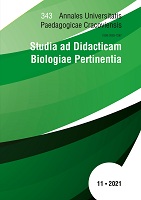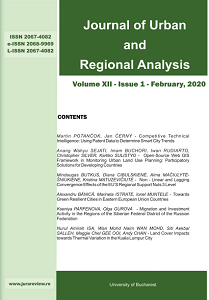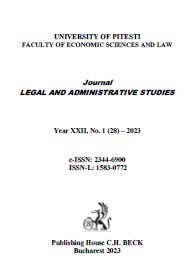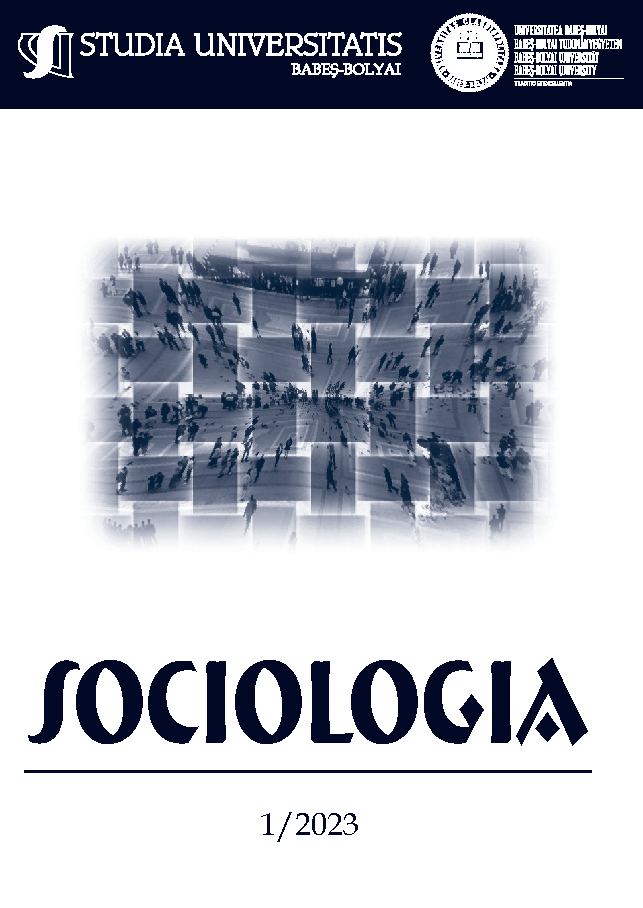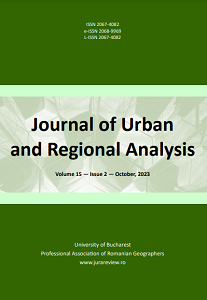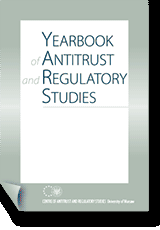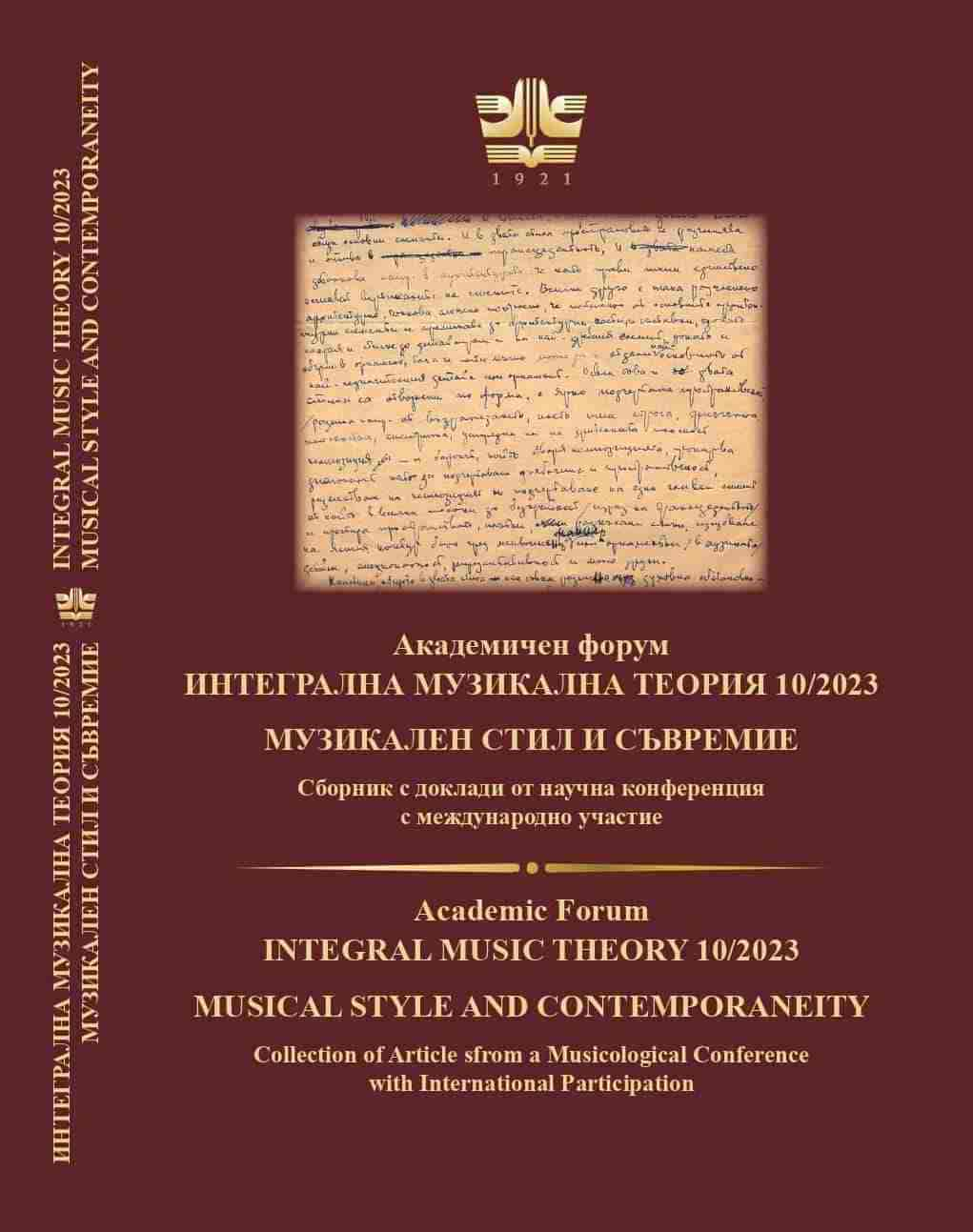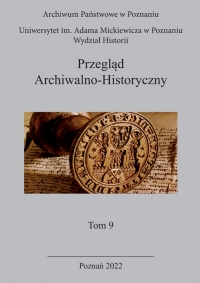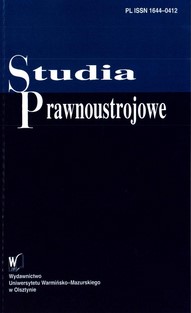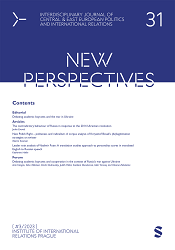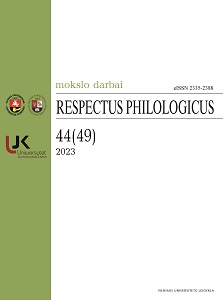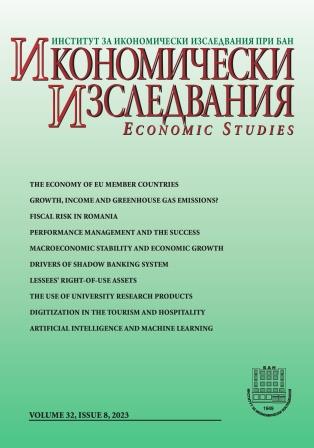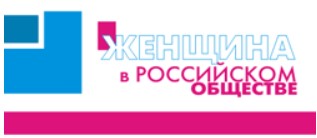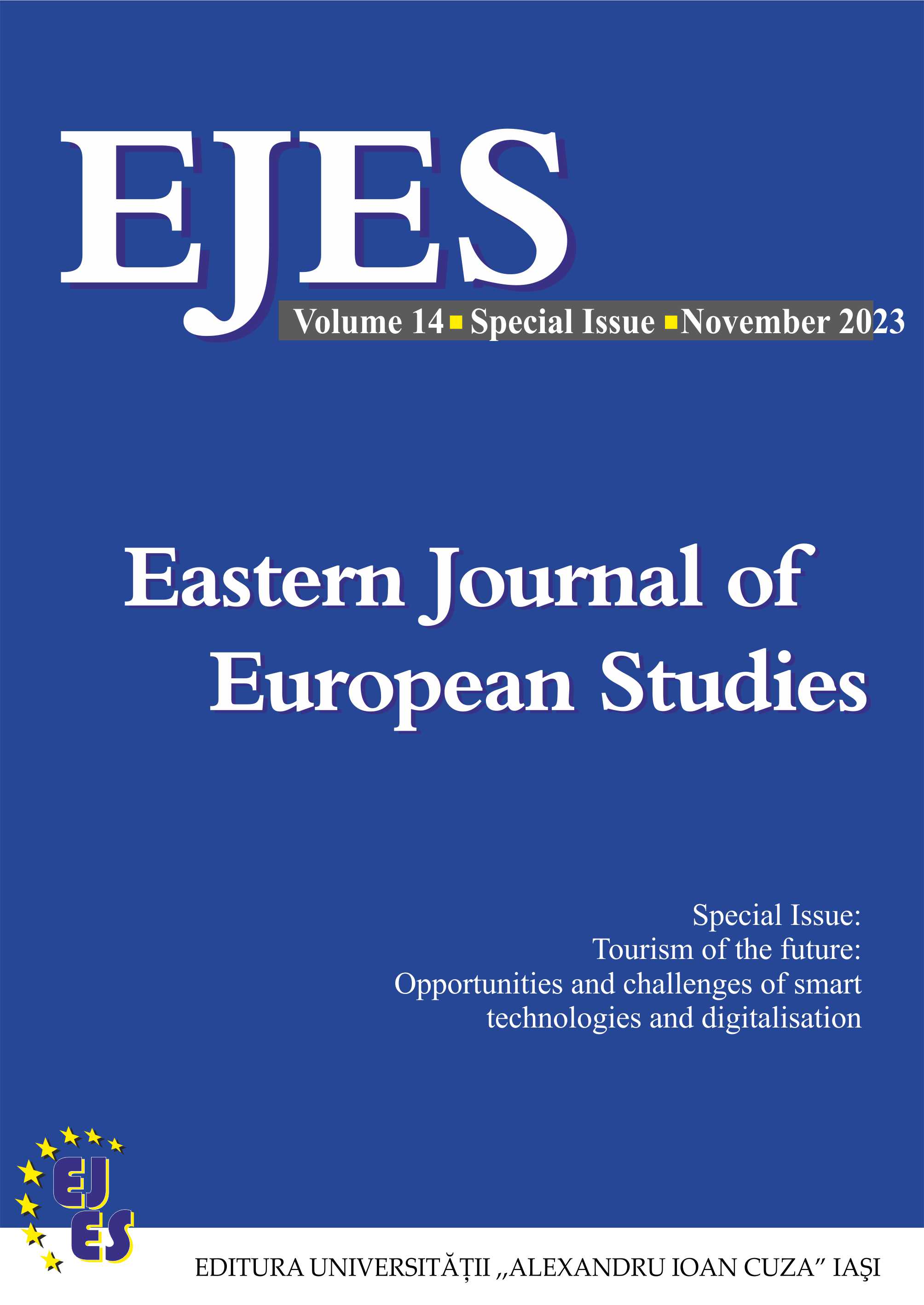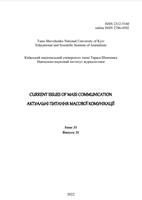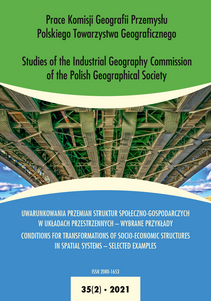
Kapitał ludzki jako uwarunkowanie rozwoju Przemysłu 4.0 w państwach Unii Europejskiej
Human capital is the factor most often mentioned, next to knowledge and innovation, that allows gaining a market advantage in modern economies. This concept is defined as a derivative of education, acquired qualifications, and practical skills. The currently observed dynamic development of advanced technologies requires the inclusion of high-quality human capital in this process. The study aims to assess the potential of human capital as a condition for the development of Industry 4.0. The research included indicators concerning the share of employment in the high-technology industry and knowledge-based services, the share of employment in the high and medium-high technology industry, and analysed the share of people with higher education in these types of industries. The study covered the Member States of the European Union. The time scope of the research covers the years 2013 and 2018. The analysis was based on statistical information from the Eurostat database.
More...
